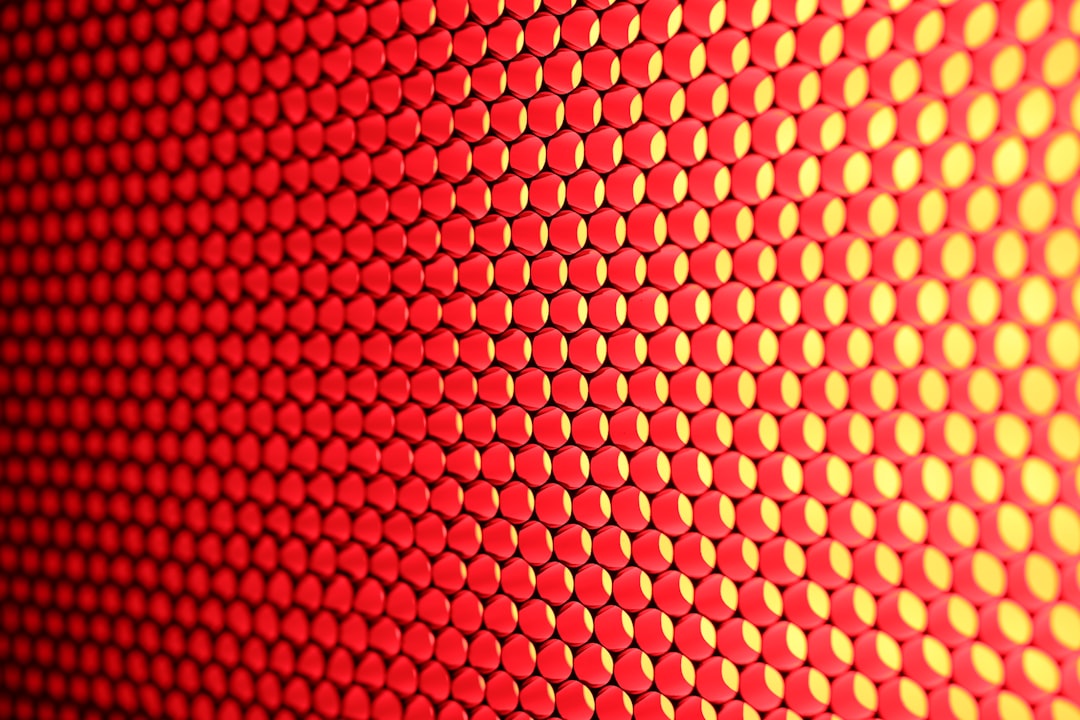What is it about?
2-Methacryloyloxyethyl phosphorylcholine (MPC) is a custom methacrylate with a zwitterionic phosphorylcholine moiety on the side chain. In the past 25 years, MPC has been used as a building block for a wide range of polymeric biomaterials because of its excellent resistance to nonspecific protein adsorption, cell adhesion, and blood coagulation. Recently, MPC polymers with specific features have been used in bioengineering and nanomedicine. This review focuses on three topics that highlight the latest findings on MPC polymers, that is, specific recognition of C-reactive protein (CRP), cell-membrane-penetration abilities, and lubrication properties. These developments will extend the applications of this biomimetic material from bioinert polymers to biosensing, CRP inhibitors, prodrug carriers, subcellular bioimaging, cell manipulation, and joint replacement. © 2015 Wiley Periodicals, Inc. J. Appl. Polym. Sci. 2015, 132, 41766.
Featured Image
Read the Original
This page is a summary of: Critical update on 2-methacryloyloxyethyl phosphorylcholine (MPC) polymer science, Journal of Applied Polymer Science, January 2015, Wiley,
DOI: 10.1002/app.41766.
You can read the full text:
Contributors
The following have contributed to this page










